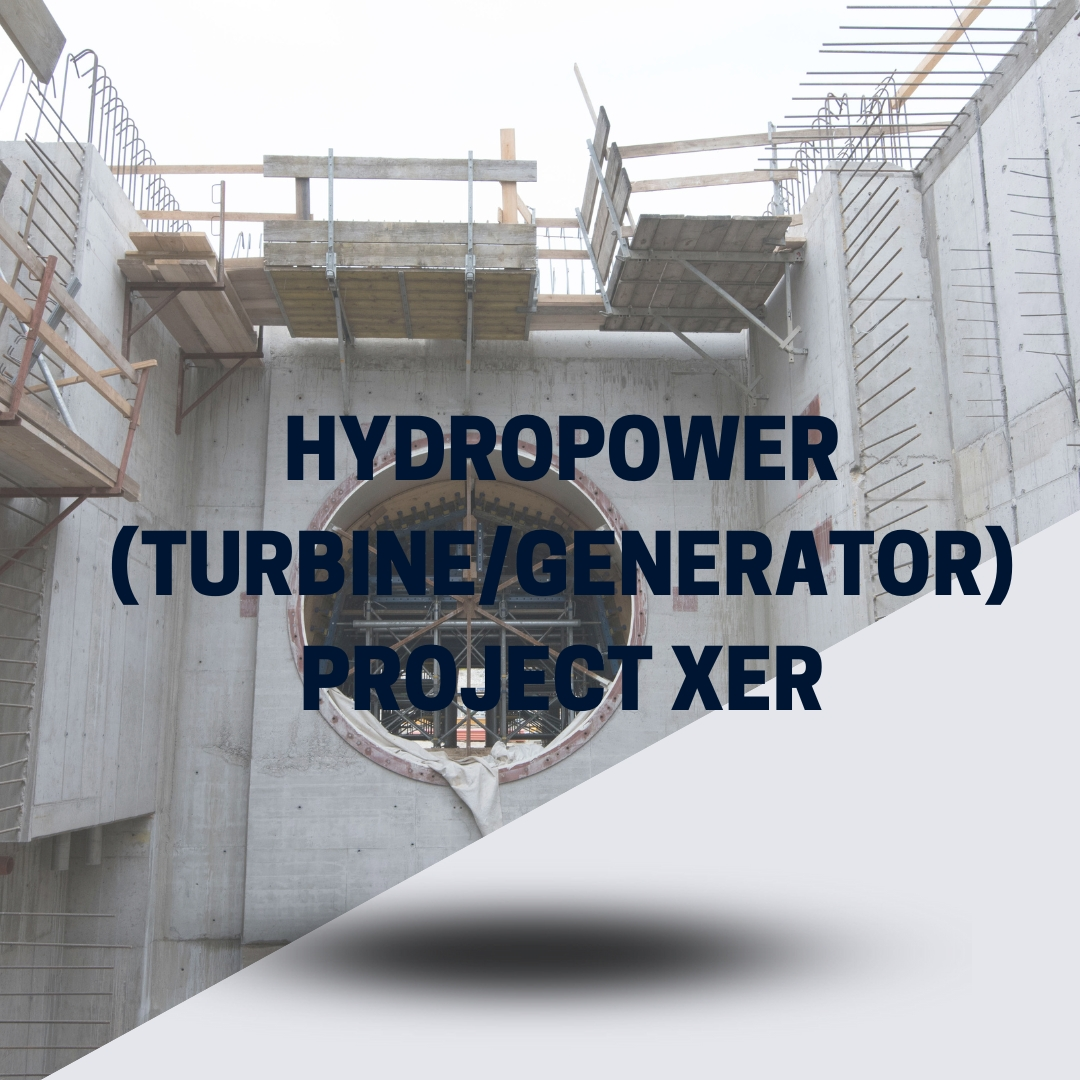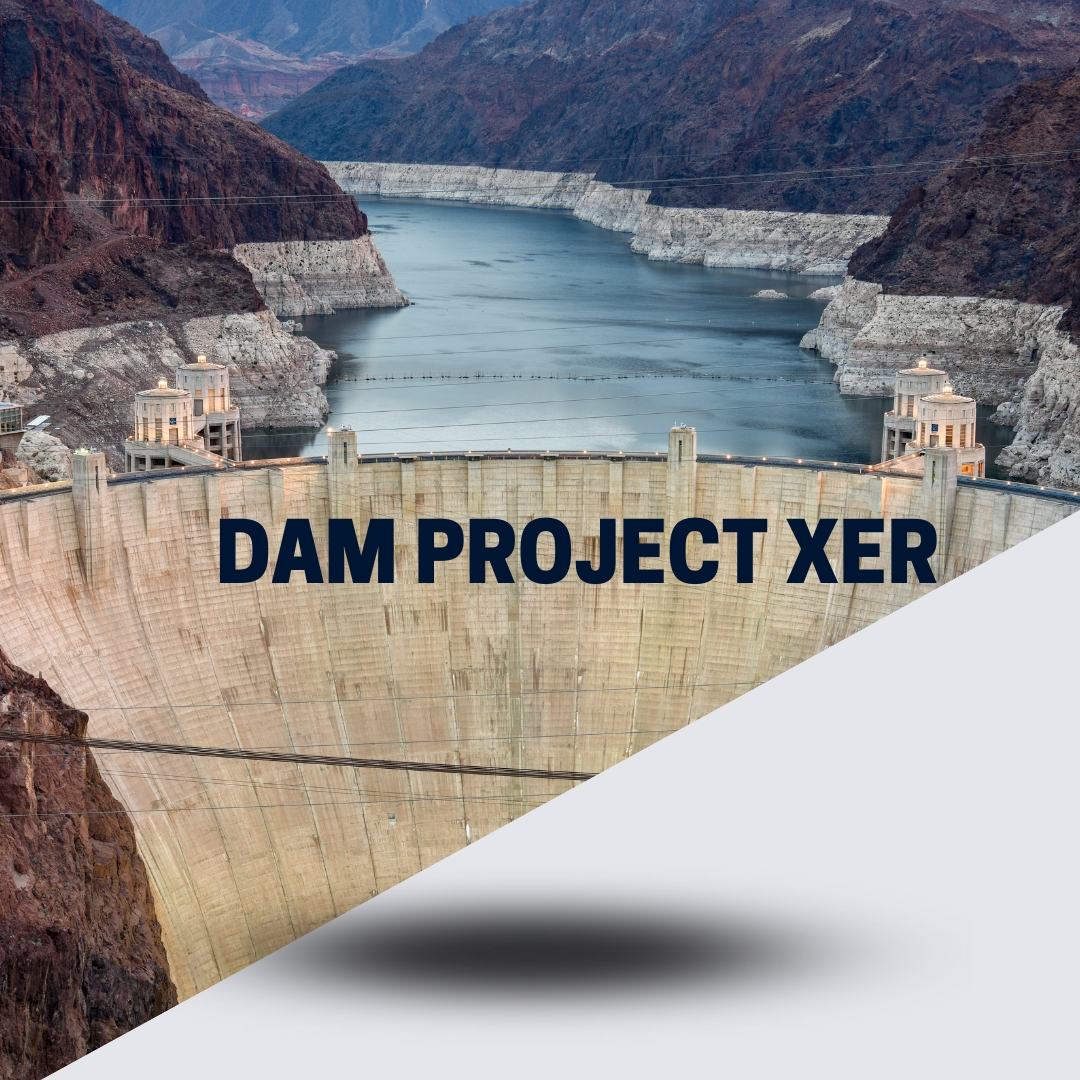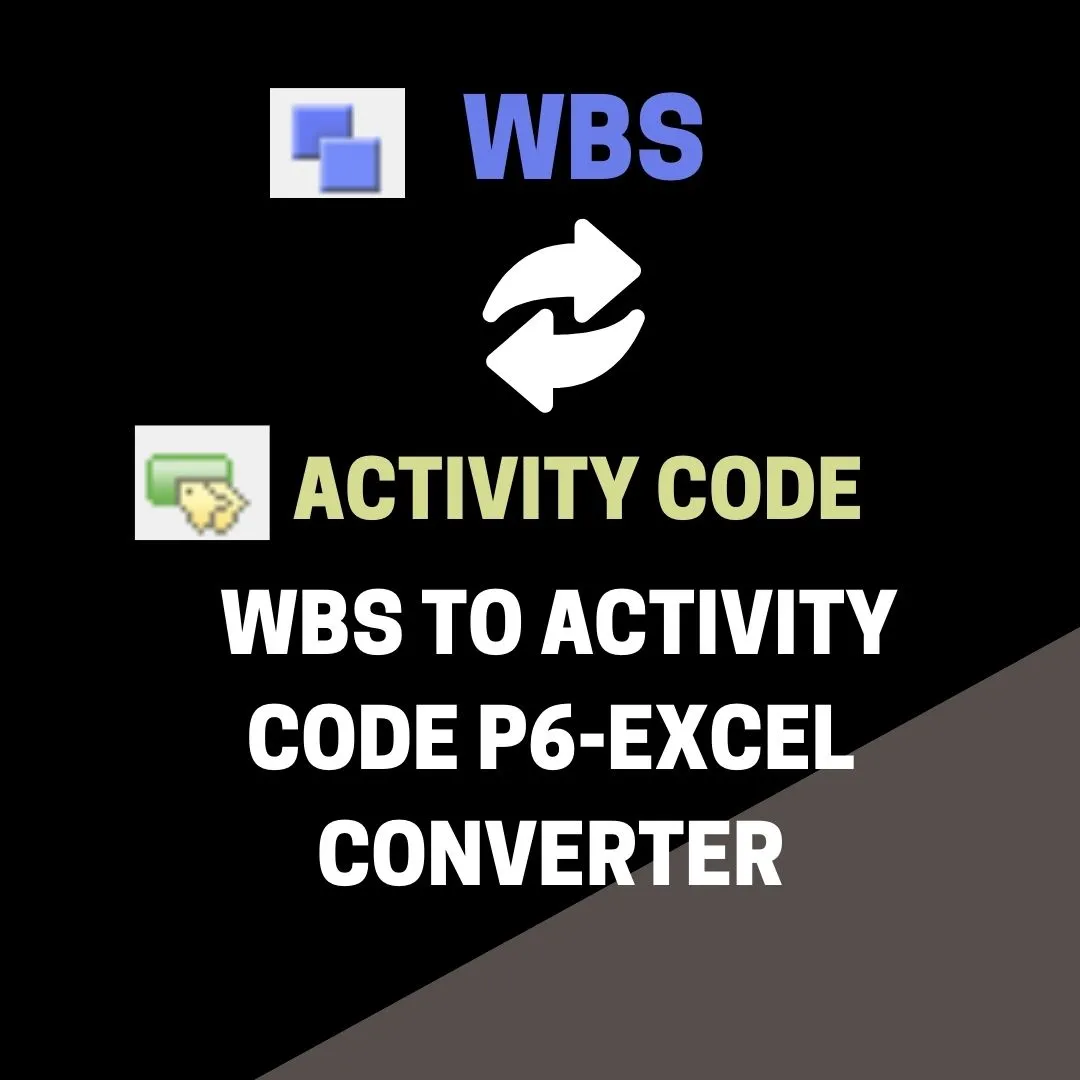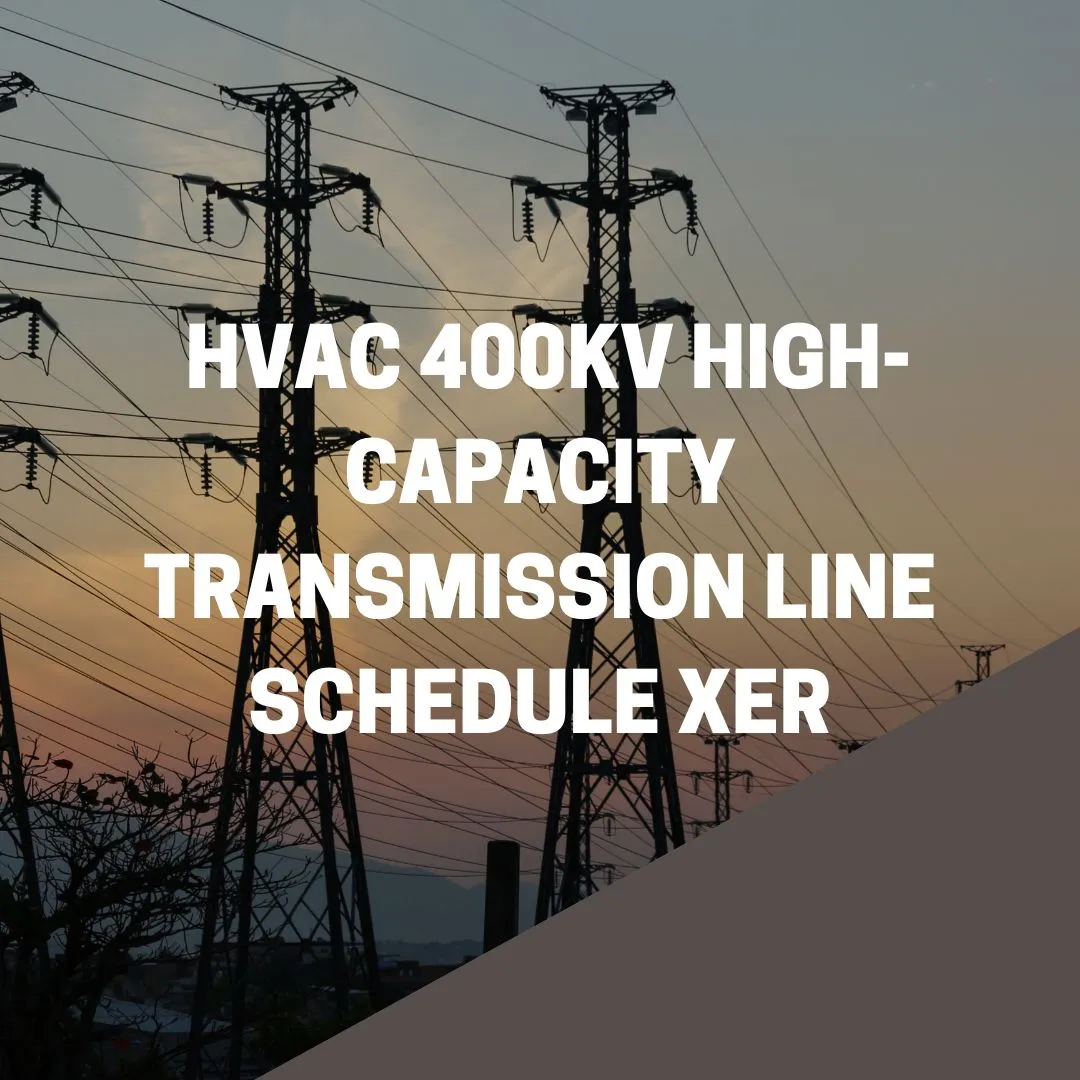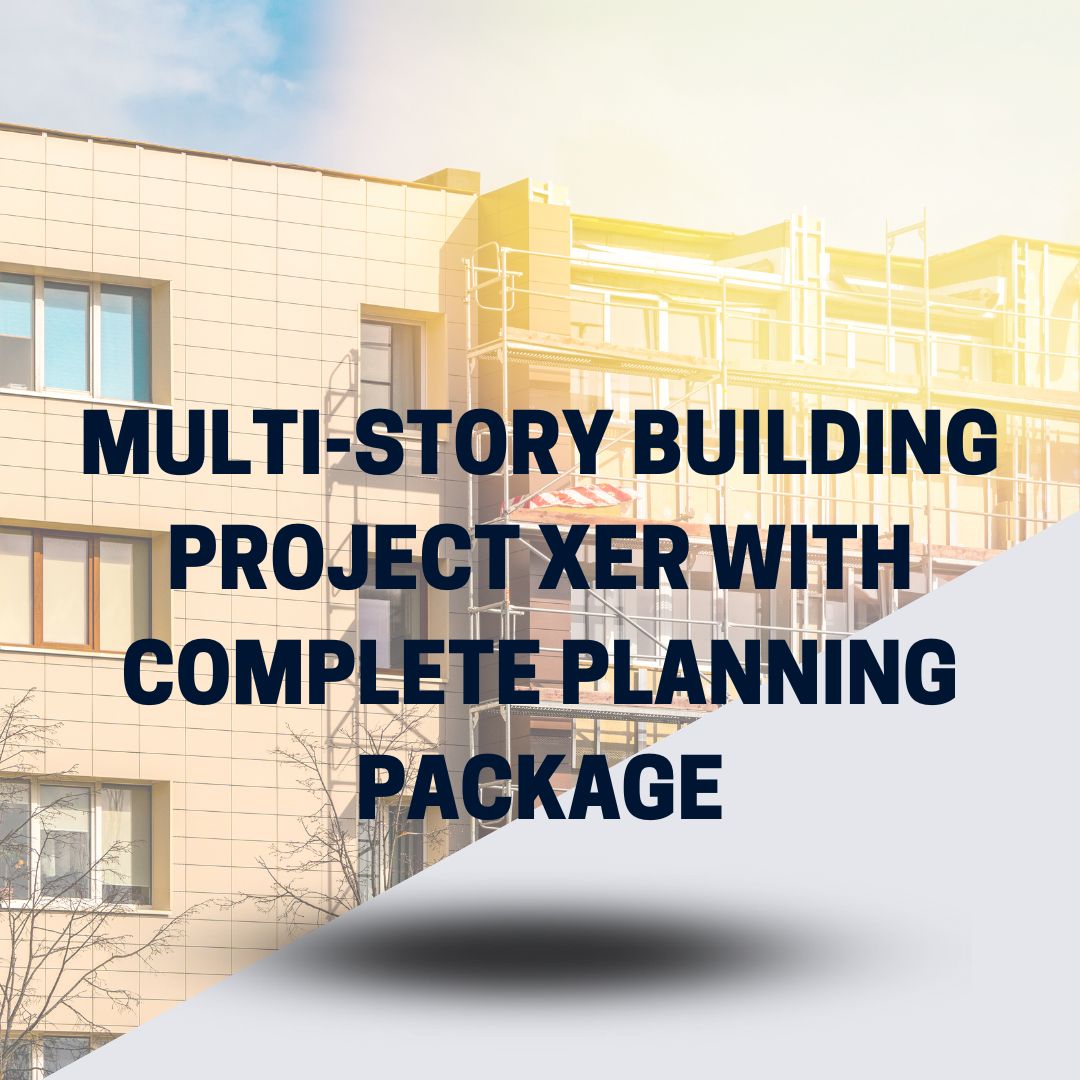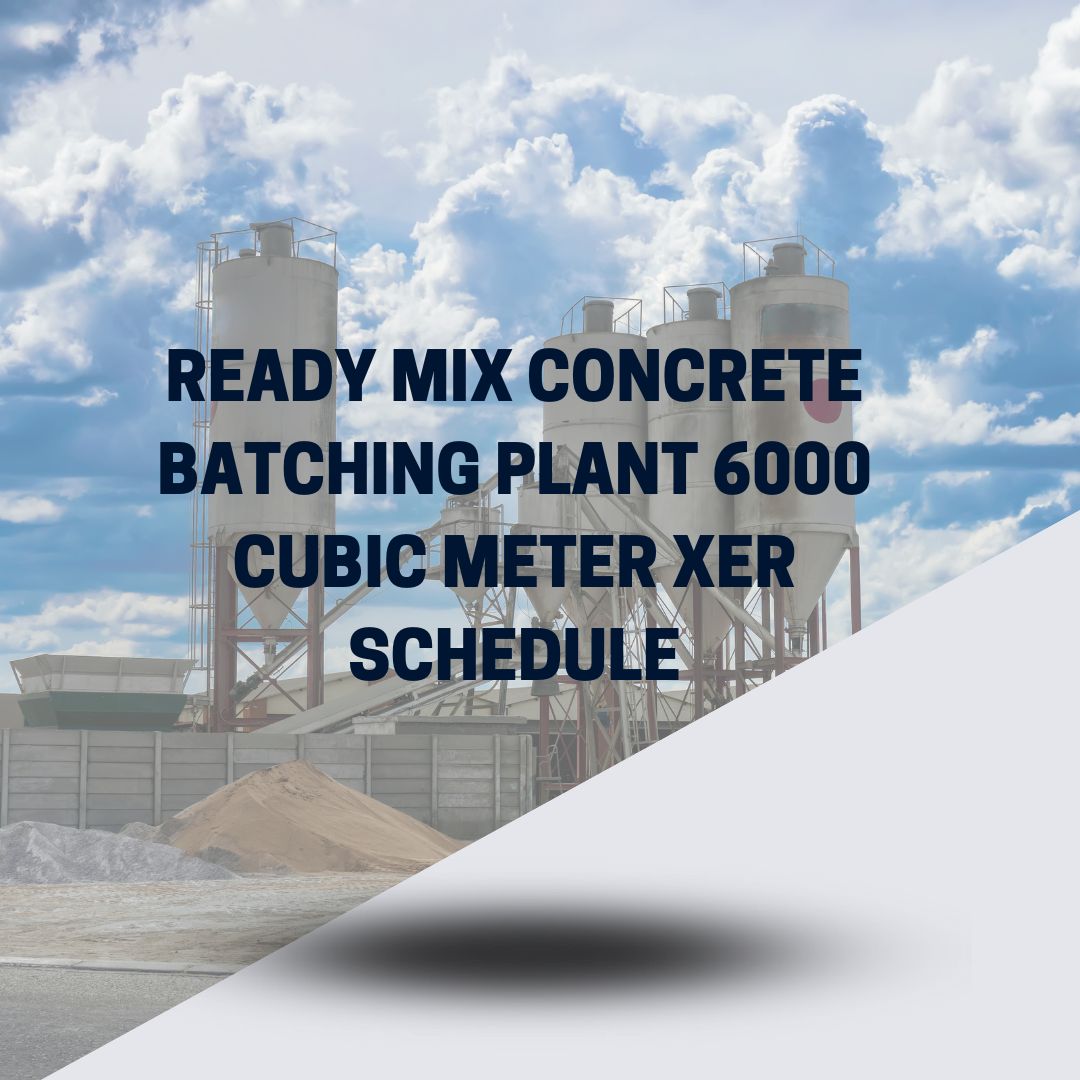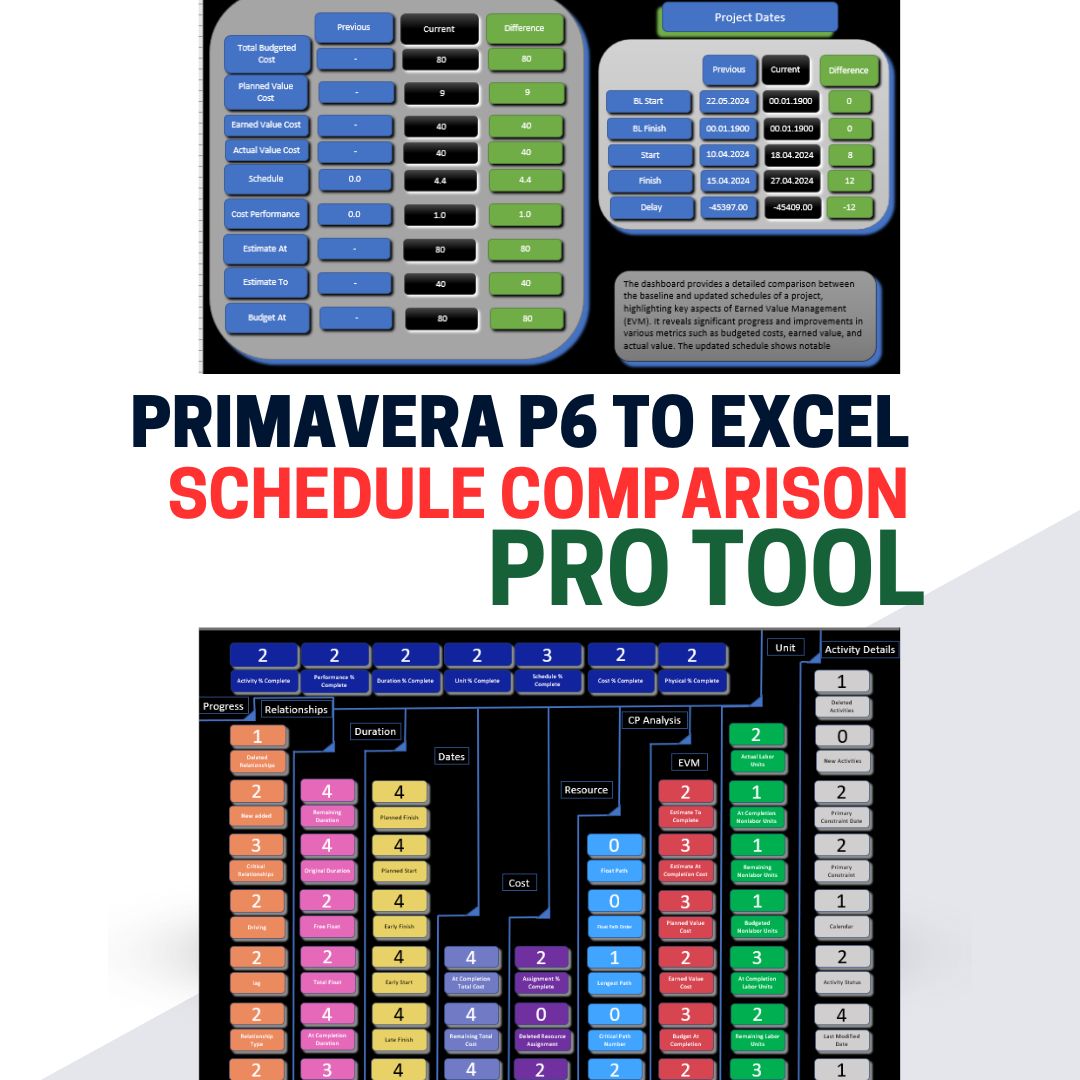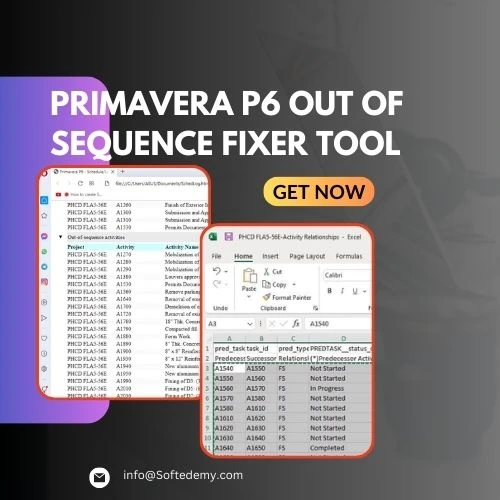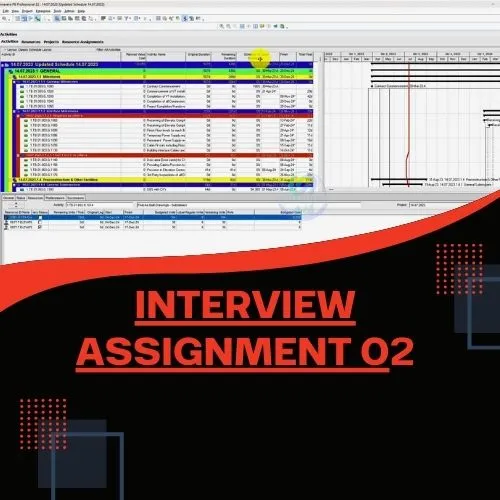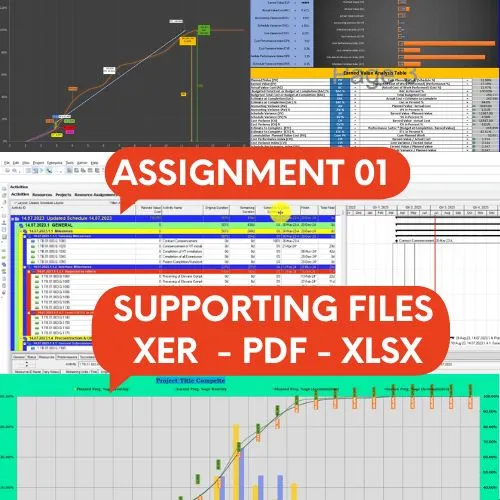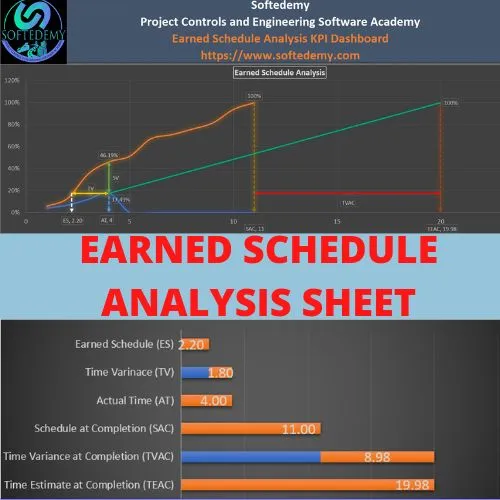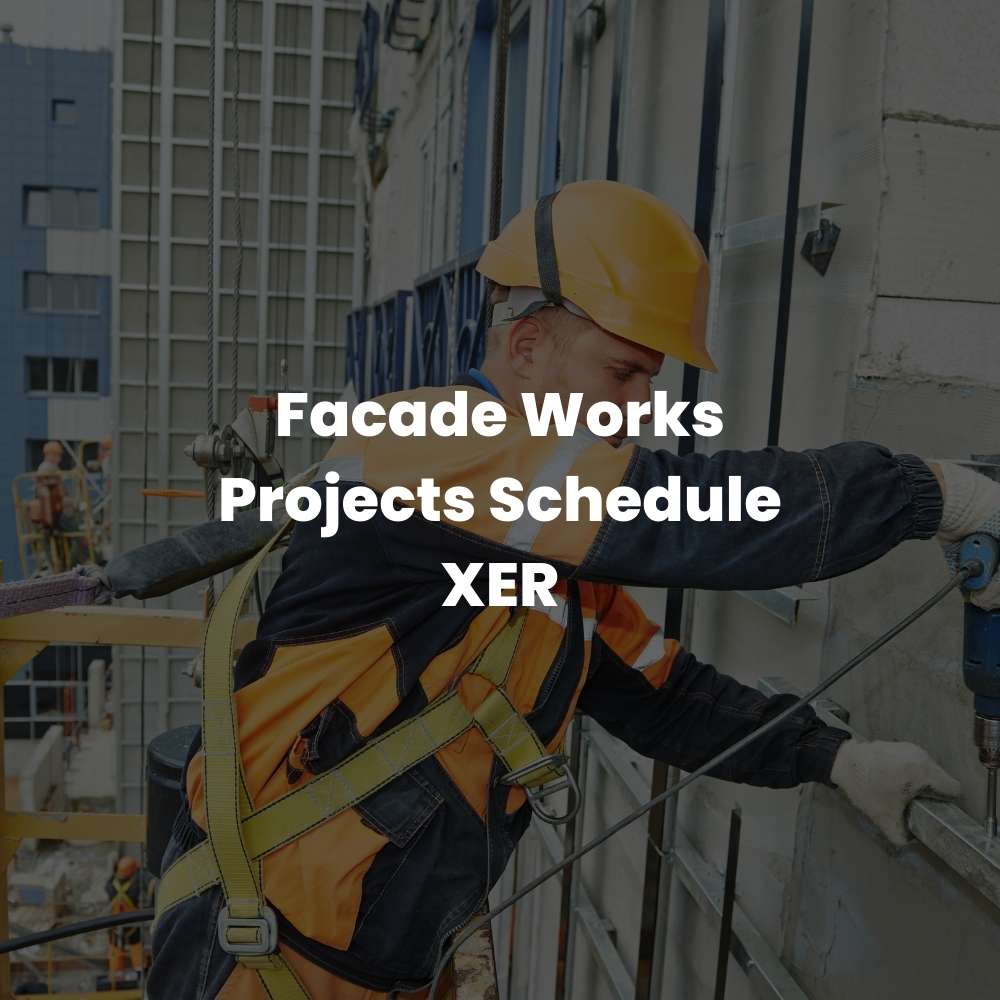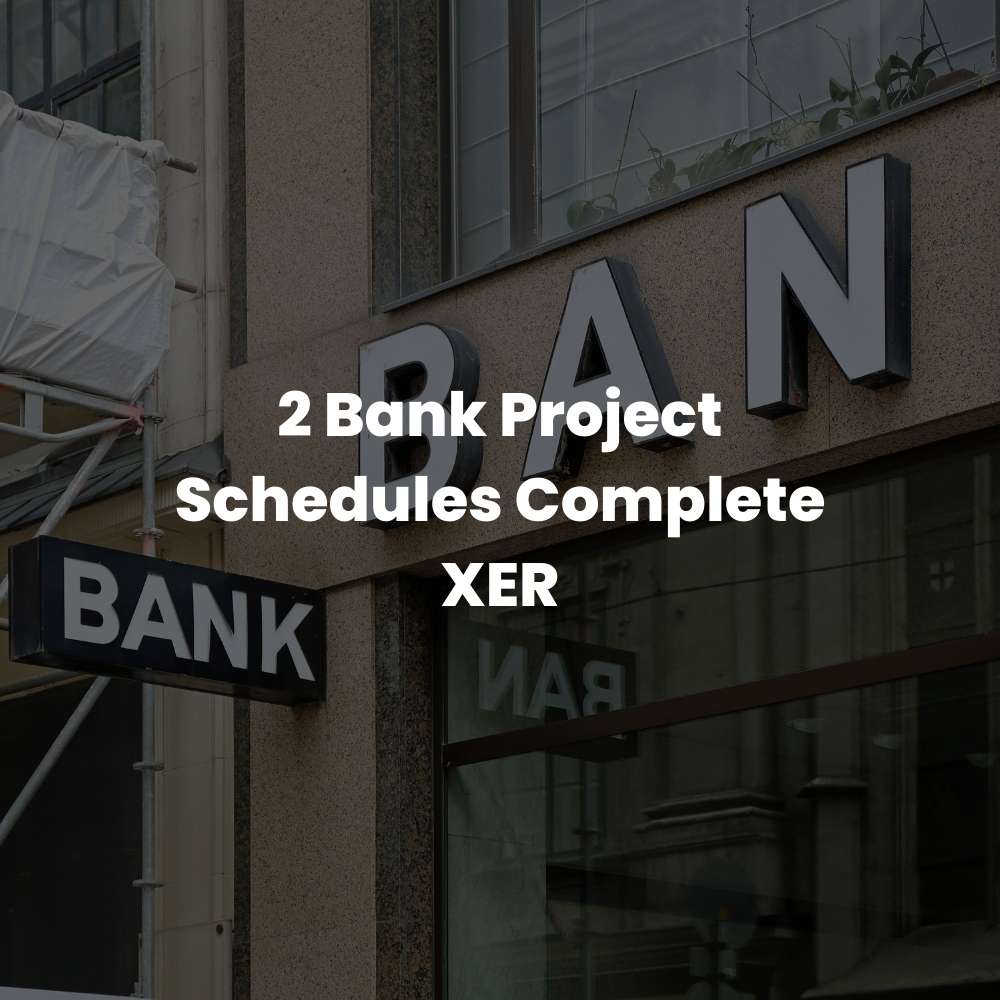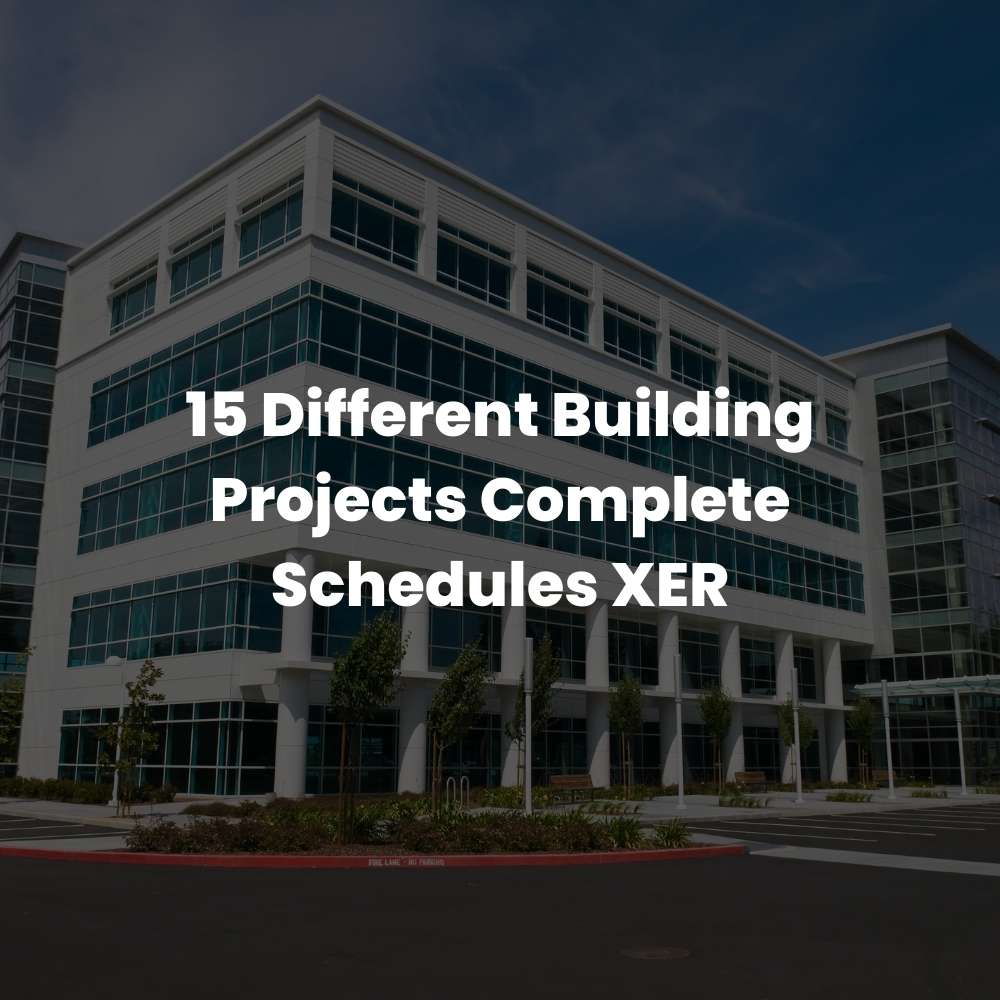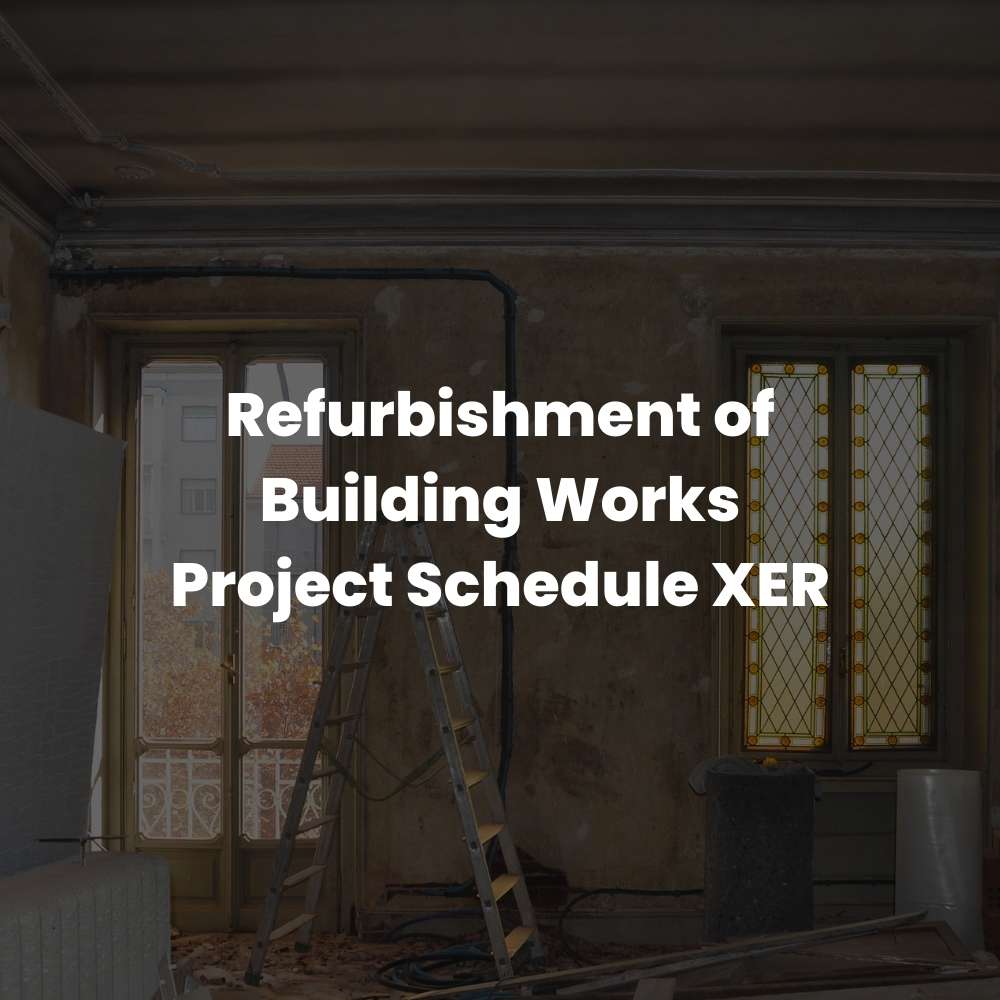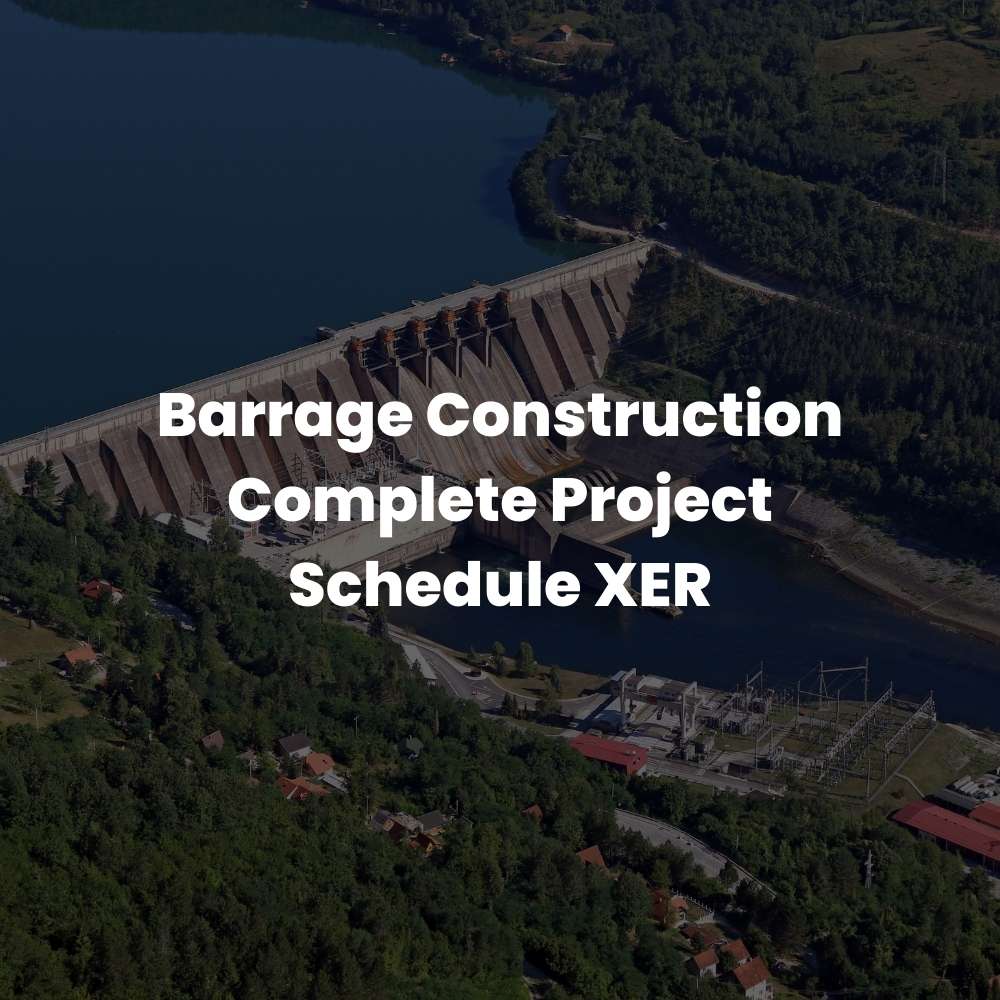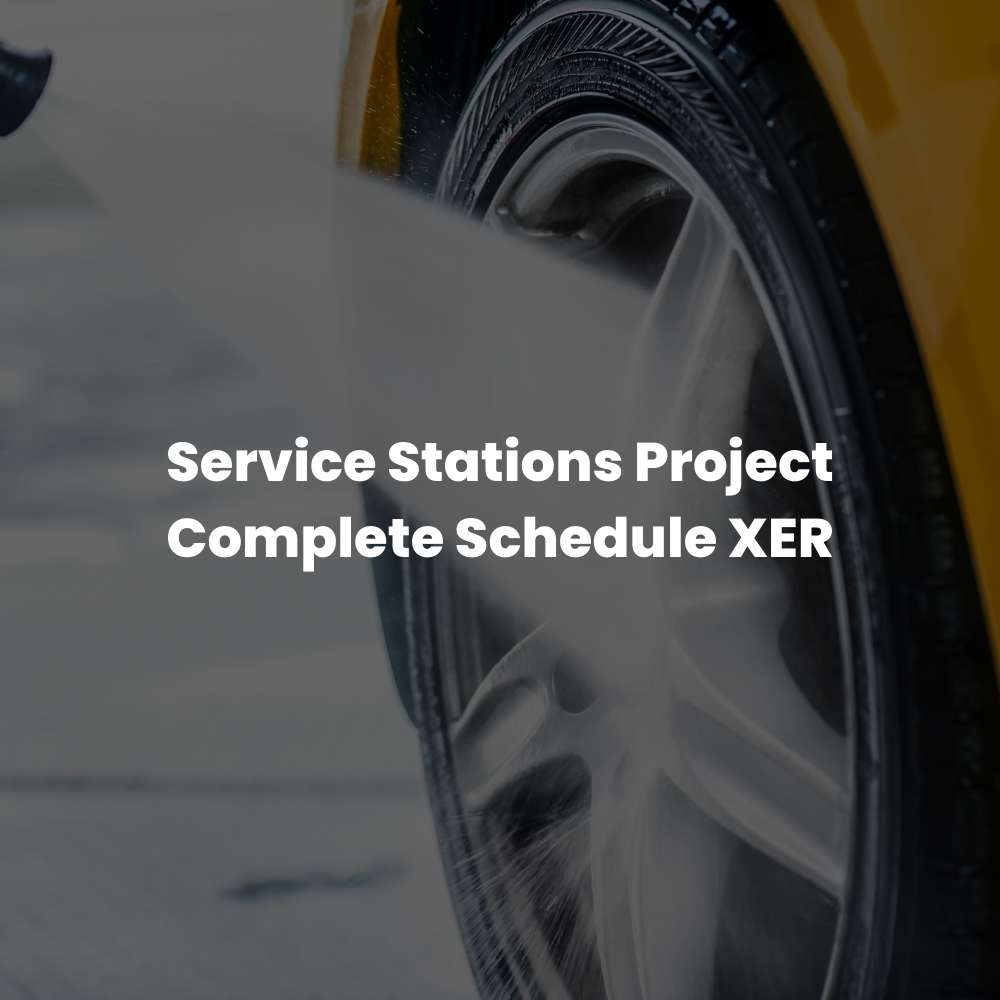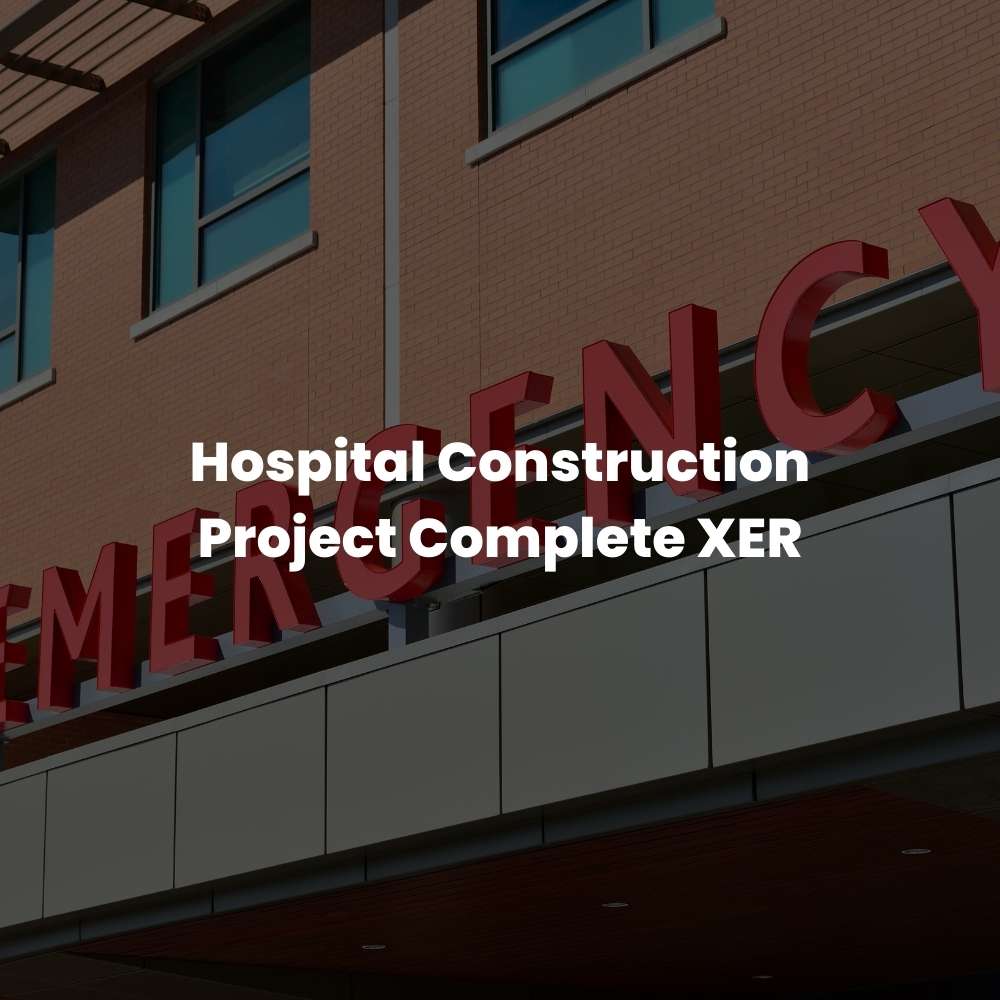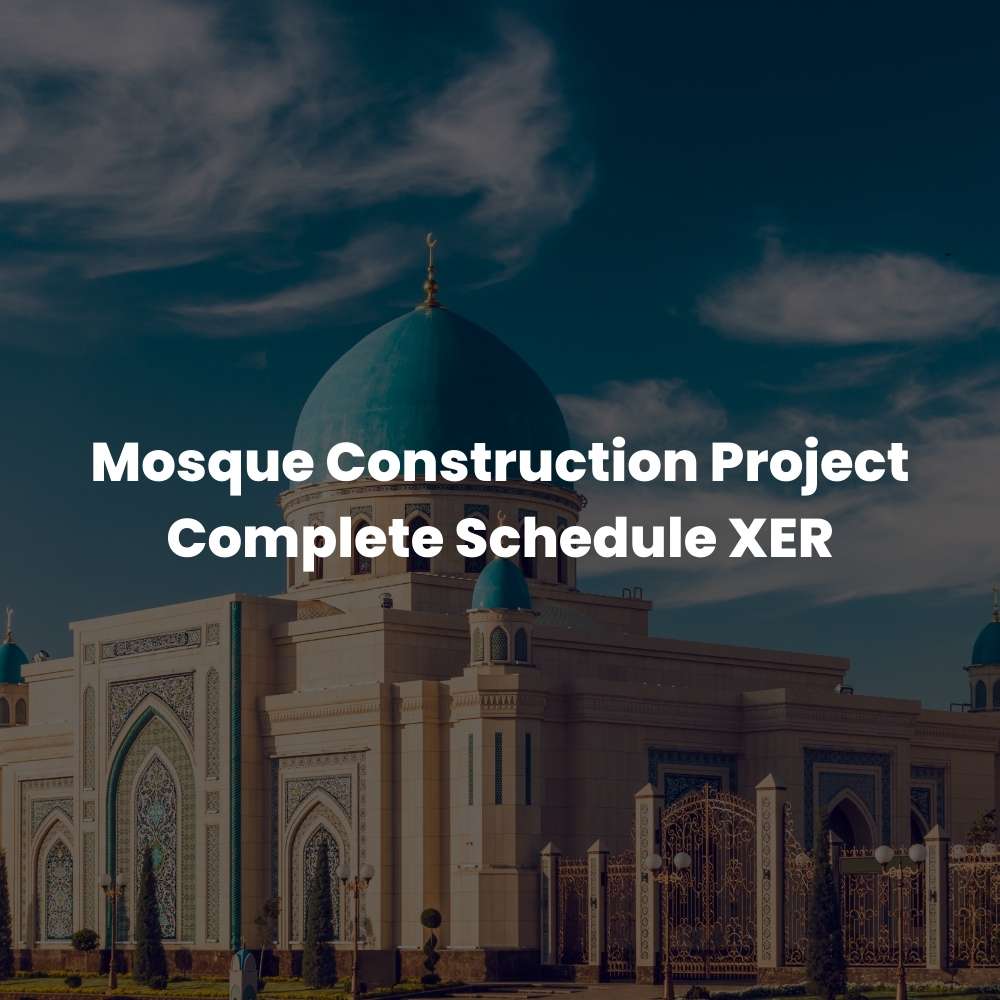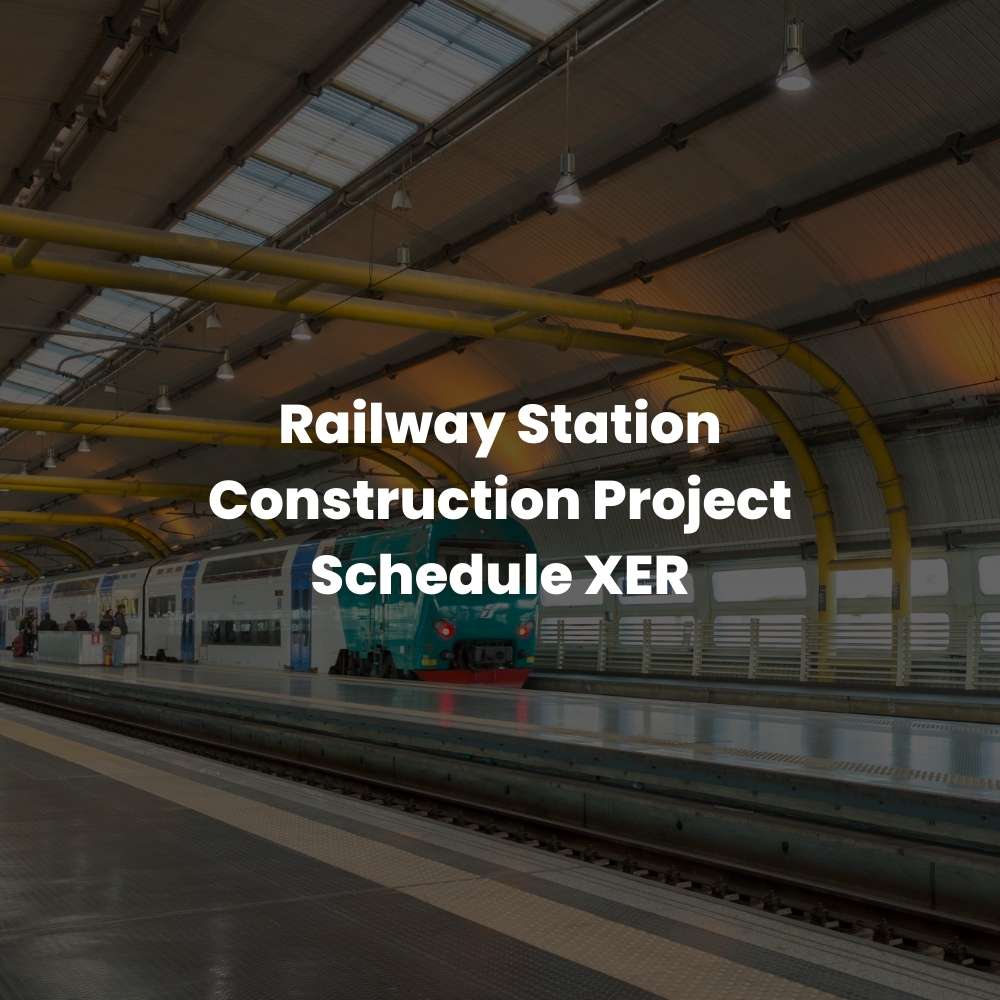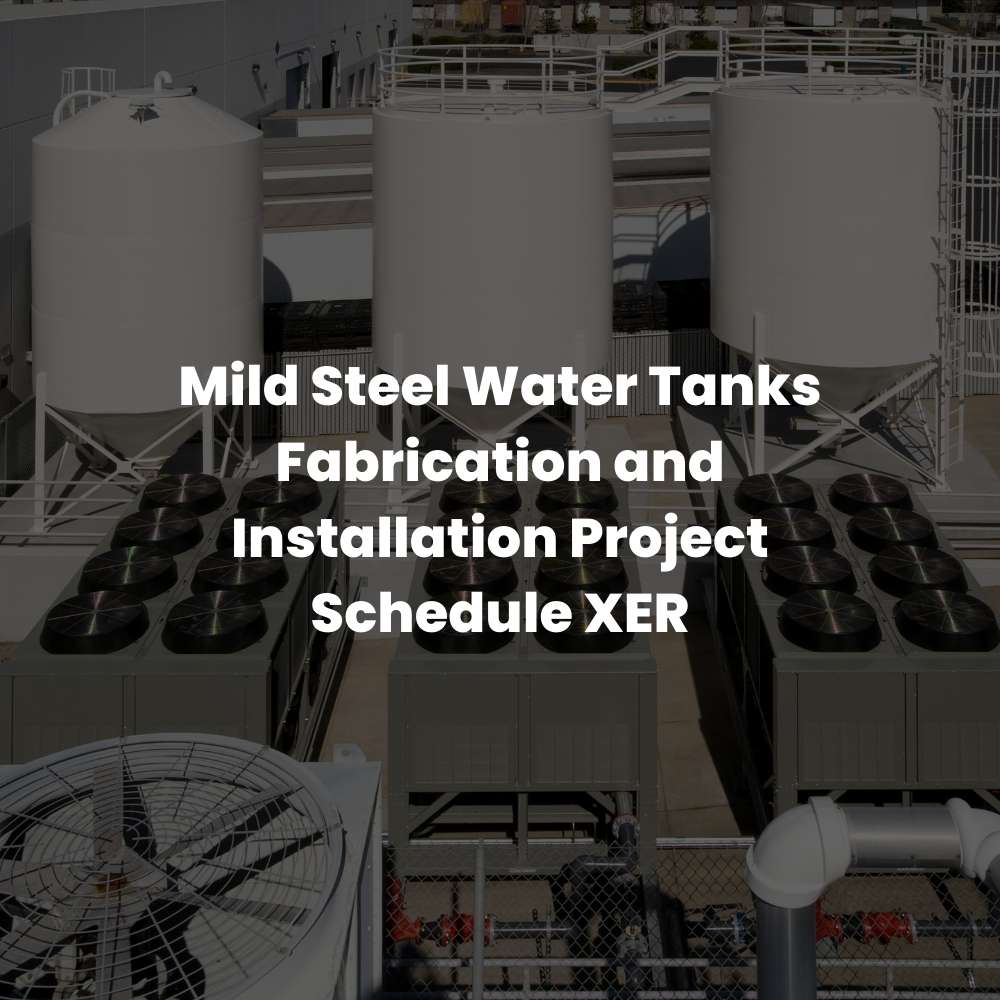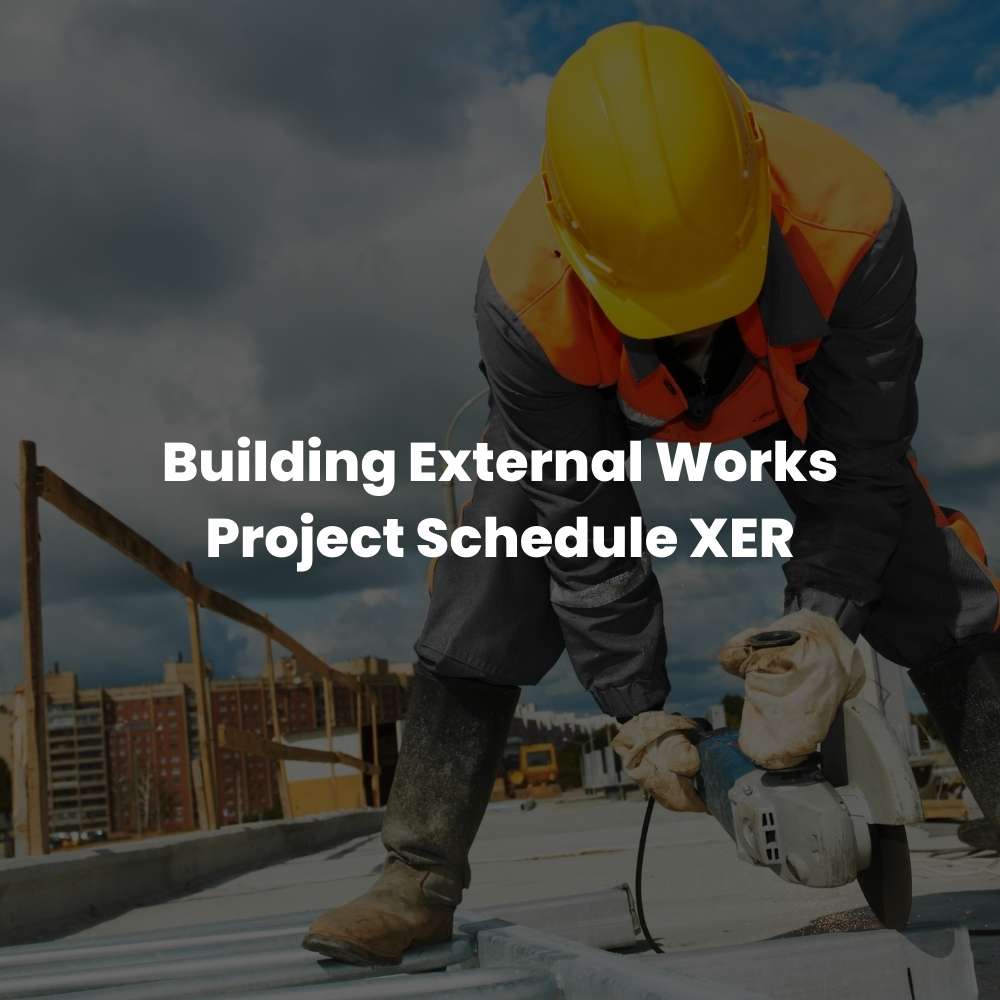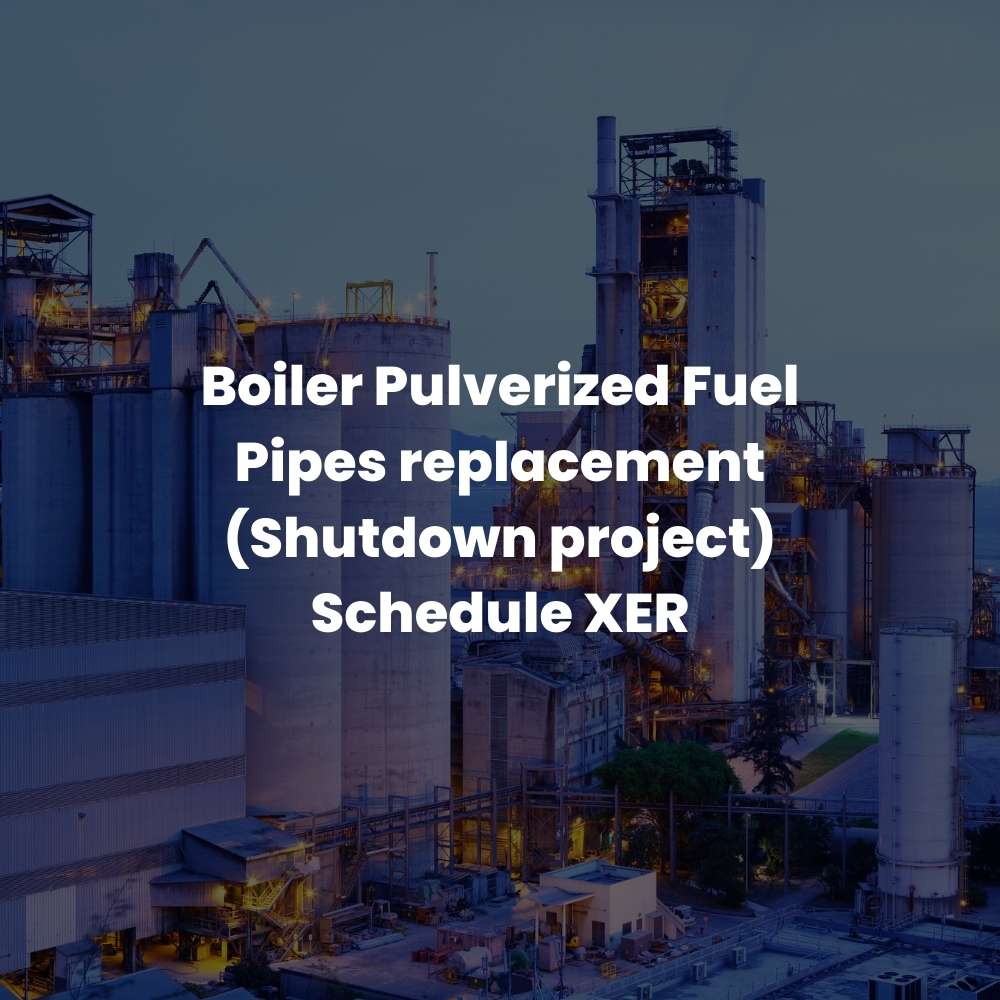
One of the most important steps in the construction process is securing all necessary permits and contracts. In this article, we’ll explore the difference between the four main types of construction contracts
Introduction
If you’re a contractor, there are four main types of construction contracts that you’ll need to become familiar with. The first is known as “price,” which describes the amount being charged for each item or service provided within a given contract. Second comes “Scope,” which refers to what is included in the project’s scope and how those things will be delivered. Thirdly there’s “Schedule” — the length of time allotted for completion of each element listed under Scope (e.g., if an architect has already been hired before entering into one of these agreements). And lastly, there’s Specification: This can mean anything from physical specifications like dimensions or materials used, all depending on what type of contract it is!
Price of the construction process
Fixed-price construction processes are the most expensive type of contract. However, they do offer the most protection to clients, because they have fixed costs and can be modified if something goes wrong. For example, if a client is not satisfied with the design or construction of their project, then they can negotiate with their contractor for changes at no additional charge.
Fixed price contracts are best when planning is done thoroughly and there is little uncertainty about what will happen during construction. In addition, clients should avoid taking on too many projects at once or working with inexperienced contractors who may not know how to manage their time effectively—which could lead them to go over budget quickly!
Scope
The scope of work is the most important part of any contract. It defines what exactly the client expects from their contractor and can be defined in any number of ways. The scope of work should include all aspects of building a structure, including planning, design, construction process, installation, testing, and commissioning.
The contractor must know how much time they have to complete each phase of the project so they can plan accordingly while still keeping costs low for their clients. The client should also know how much time will be spent on each phase so they can accurately estimate how much money will be spent on each component during the life cycle of their project.
Schedule
A schedule is a plan for how the project will be carried out and includes milestones along with deadlines, which help you determine when to start working on specific tasks or activities. It means that it is a list of tasks you will be doing to accomplish your project, including deadlines, which help you determine when to start working on specific tasks or activities.
Specification.
Specifications are a list of requirements for a project. They ensure that the end result is what was originally intended, and they help to ensure that the contractor is held accountable for the work being performed. Specifications must be prepared before a contract can be signed, and they outline the project’s scope, schedule, price, and other details so that any future disputes can be resolved quickly and easily.
The construction process estimates the project during the construction phase, and uses that estimate to fix the price for the client. Fixed price contracts reduce the risk for clients and contractors by establishing an agreed upon final cost for a specified project. They are easily implemented into projects that have been designed in enough detail. It’s important that all parties involved know what’s required in order to execute plans so the project can be executed within a specific time frame and budget. Proper planning must be done before executing this type of contract; without this planning, you may encounter unforeseen problems later on!
A fixed-price contract is the most common type of construction contract. It involves a contractor estimating the project during the construction phase and using that estimate to fix the price for the client.
Fixed-price contracts reduce the risk for clients and contractors by establishing an agreed-upon final cost for a specified construction process. They are easily implemented into projects that have been designed in enough detail. It’s important that all parties involved know what’s required in order to execute plans so the project can be executed within a specific time frame and budget. Proper planning must be done before executing this type of contract; without this planning, you may encounter unforeseen problems later on!
Conclusion
We hope this article helped clarify some of the differences between the four main types of construction contracts — price, scope, schedule, and specification. If you have any questions about which type would be best for your project, contact us today!
Leave a Reply
You must be logged in to post a comment.


